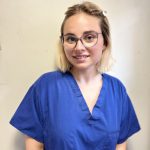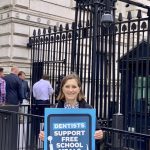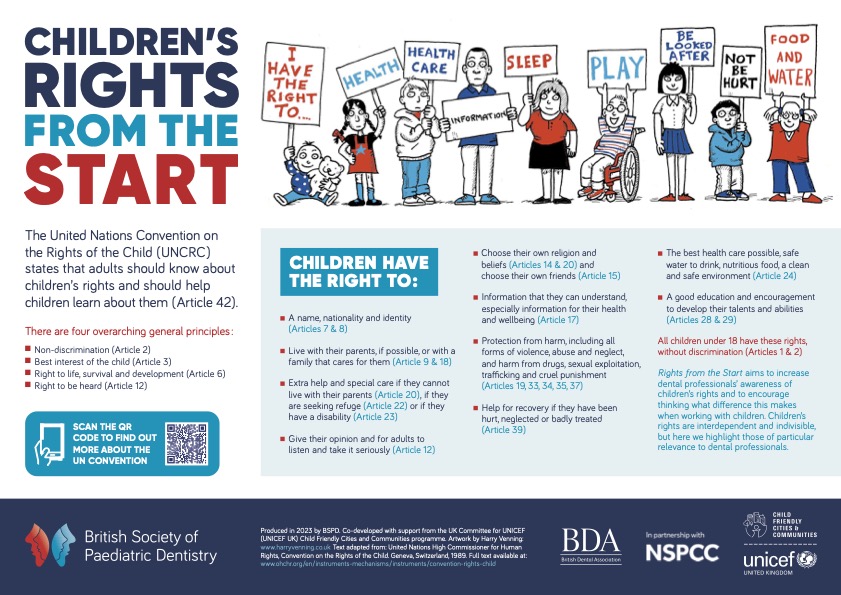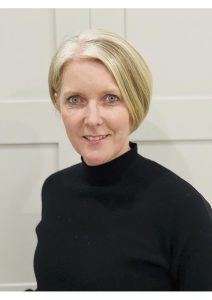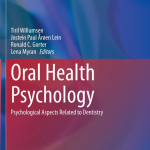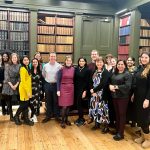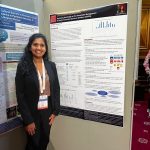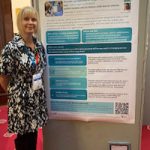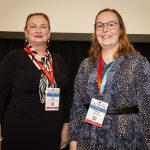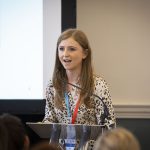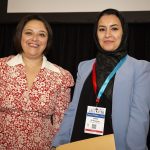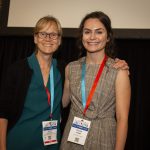The winners of the 2023 Max Horsnell Travel Award and National Student Elective prize are announced today by the British Society of Paediatric Dentistry (BSPD). These annual awards recognise vision and endeavour in the field of paediatric dentistry. These BSPD prizes are awarded each year following a judging process for both that is overseen by three members of BSPD’s Conference Abstract and Prize Committee (CAPC).
There are two winners of the Max Horsnell Travel Award. BSPD established this travel bursary to support members (excluding consultants and equivalent academic grades) who wish to present a poster or oral communication at scientific meetings of the European Academy of Paediatric Dentistry or the International Association of Paediatric Dentistry. An award of £500 is given towards travel costs to relevant dentistry conferences per annum.
Jasmine Cachia Mintoff joint-winner of the BSPD Max Horsnell Travel Award 2023:
Jasmine Cachia Mintoff from East Surrey Hospital submitted the winning paper entitled: What’s On Your Mind! A survey to explore the impact of specialty training on the mental health of trainees in paediatric dentistry. Her presentation showed that training pressures have a negative effect on the mental health of trainees and that further support and interventions were necessary to tackle bullying.
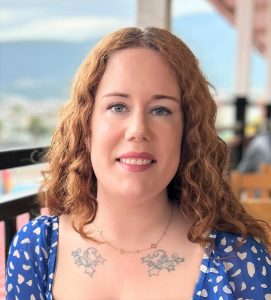
Fiona Sotir
Fiona Sotir joint-winner of the BSPD Max Horsnell Travel Award 2023:
Fiona Sotir from the University of Sheffield submitted the winning paper entitled: Blending health and design: better healthcare technology through co-design with children and young people. The objective of her presentation was to show the value of co-design approaches for health technologies. Two case study projects illustrated valuable engagement from young people and a need to adopt these approaches more frequently.
Rosa Donaldson winner of the BSPD National Student Elective Prize 2023:
This competition was open to BSPD student members who are intending to undertake an elective project within the year. Students submitted a summary of a maximum of 250 words, describing their proposed elective project involving the dental health of children. The winning student will have to submit a short report on their elective project once completed. One award of the value of £300 is given for the National Student Elective Prize to support the student’s elective project.
Rosa Donaldson from University of Glasgow submitted the winning elective project entitled: Avulsion first Aid – Can Routine Management Advice Make a Difference?
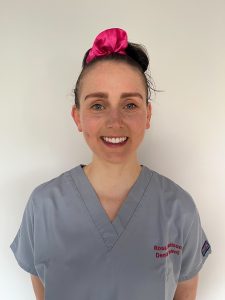
Rosa Donaldson
Chair of the BSPD Conference Abstracts and Prizes Committee, Dr Chris Vernazza, said: “The standard of the Max Horsnell entries was particularly high this year. For BSPD, being able to support our paediatric dentistry colleagues is crucial, so Jasmine’s ‘What’s on your mind?’ initiative was full of valuable insights. Then from Fiona’s submission, the BSPD judging panel were impressed with the drive to co-design with children and young people for better health technologies. At the Society we know that co-creation is important to ensure that everything we produce is fit for purpose – for children. We were impressed to see energy and drive to support children’s oral health shown by both winners.
“We were also impressed with the standard of the submissions for the National Student Elective Prize. The applicants showed ambition to improve oral health outcomes for children and we anticipate exciting careers in paediatric dentistry ahead for all!”




